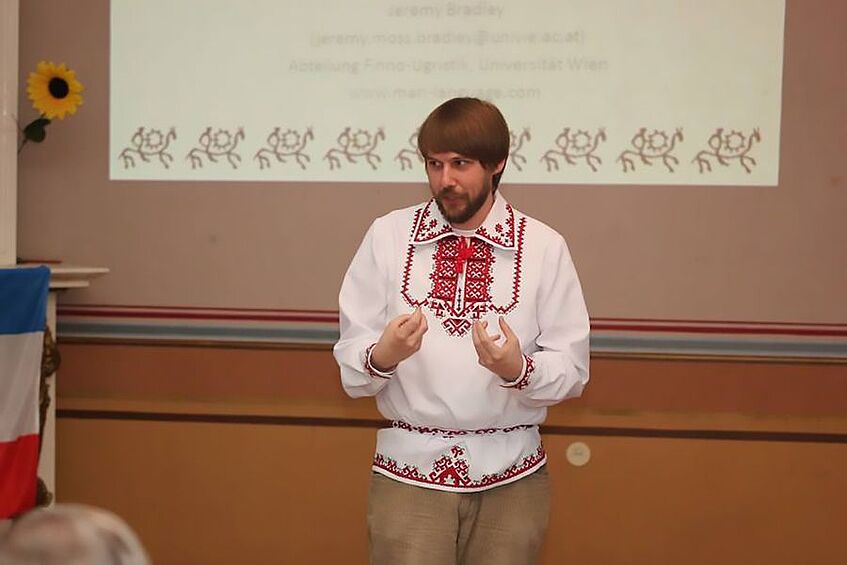Hungarian and Finnish Studies (Bachelor)

© MariUver.com / Vasli Nikolajev
The aim of the Bachelor's degree in Hungarology and Fennistics is the imparting of basic scientific knowledge in theoretical, practical, descriptive and historical questions of culture, literature and language either from Hungary (Hungarian Studies) or from Finland and Estonia (Finnish Studies).
The language as well as the culture or literature of the three countries are presented in their geographical and genealogical context and examined in connection with the entire European cultural area.
The comparative, contextualising perspective is the focus of all courses throughout the course of study, which contributes to a deeper understanding of the Central and Northern European cultures and their linguistic diversity, as well as the social policies of the past and present.
Bachelor of Arts
Degree Programme Code: 033 484
6 semesters / 180 ECTS credits (including 30 ECTS credits of extension curricula)
Language: German
NO entrance examination
Facts & Figures
- Students: n.a.
- Graduates in the last academic year: n.a.
- Number of semesters needed for graduation (median): n.a.
Data updated on: 03.12.2024
Attention
Instruction Language German
Please note that the instruction language of this programme is German. To start the degree programme, you need to hold a certificate of German proficiency on C1 level.
Study programme
The new bachelor’s programme in Hungarian and Finnish Studies starts with a common introductory and orientation period (STEOP). At the beginning of your studies, you can either choose Fennistics or Hungarian Studies as a specialisation. Around one third of the degree programme consists of compulsory modules on language acquisition (Finnish or Hungarian), the further compulsory models consist of courses dealing with linguistics, Finnish literature studies and cultural studies. At the end, students write their bachelor’s theses.
Five concepts
which you will deal with during your studies:
- Finnish and Hungarian language and culture
- Finnish and Hungarian history of literature
- Estonian language and culture
- Cultures of the Uralic peoples
- Finnish-Hungarian linguistics
... and many more.
Overview of the programme structure & topics
Here you find the current offer of courses for this programme to gain better insight into the topics and structure. For more information please click on the respective level.
After Graduation
Graduates of the bachelor’s programme in Hungarian and Finnish Studies can pursue a career in the following occupational fields:
- culture and science
- cultural and knowledge management
- school and adult education
- marketing and the media
- tourism
- private enterprises
Graduates' Perspective on the Degree Programme
Graduates ...
- say that this degree programme receives the grade: 1.7 (good)
- rate the level of difficulty as: 3.1 (appropriate)
→ These results are basd on feedback from 10 graduates.
*You can find further assessments of the degree programme from its graduates’ perspective in the graduate survey of the bachelor’s programme in Finno-Ugrian Studies graduation survey (in German).
Graduates ...
- find employment within 2 months after graduation on average.
- earn an average of € 2,558 (women) and € 2,599 (men) gross per month within three years after graduation.
- work full time at a percentage of 65% (women) and 70% (men) within three years after graduation.
*You can find further information on career entry and career paths in the tracking of graduates "Arts and Humanities".

